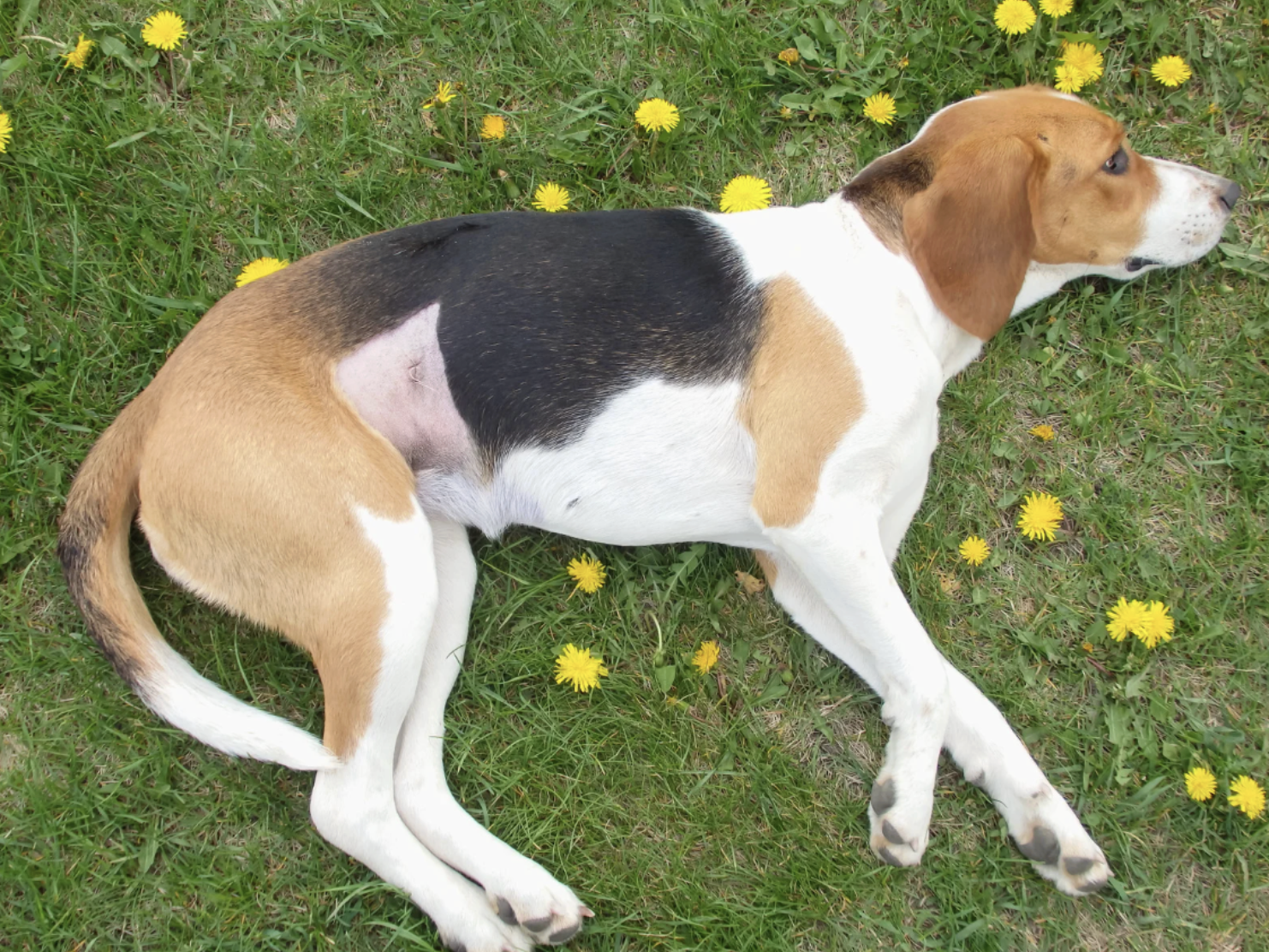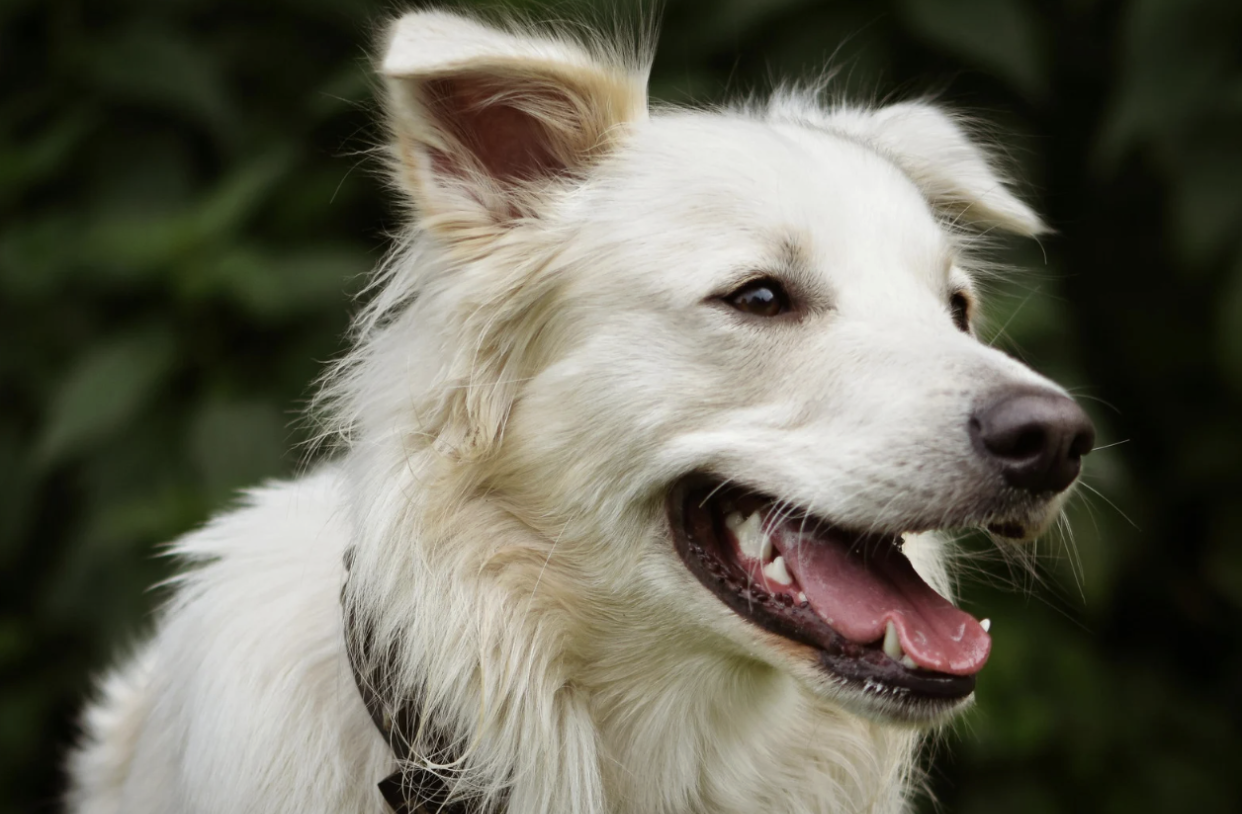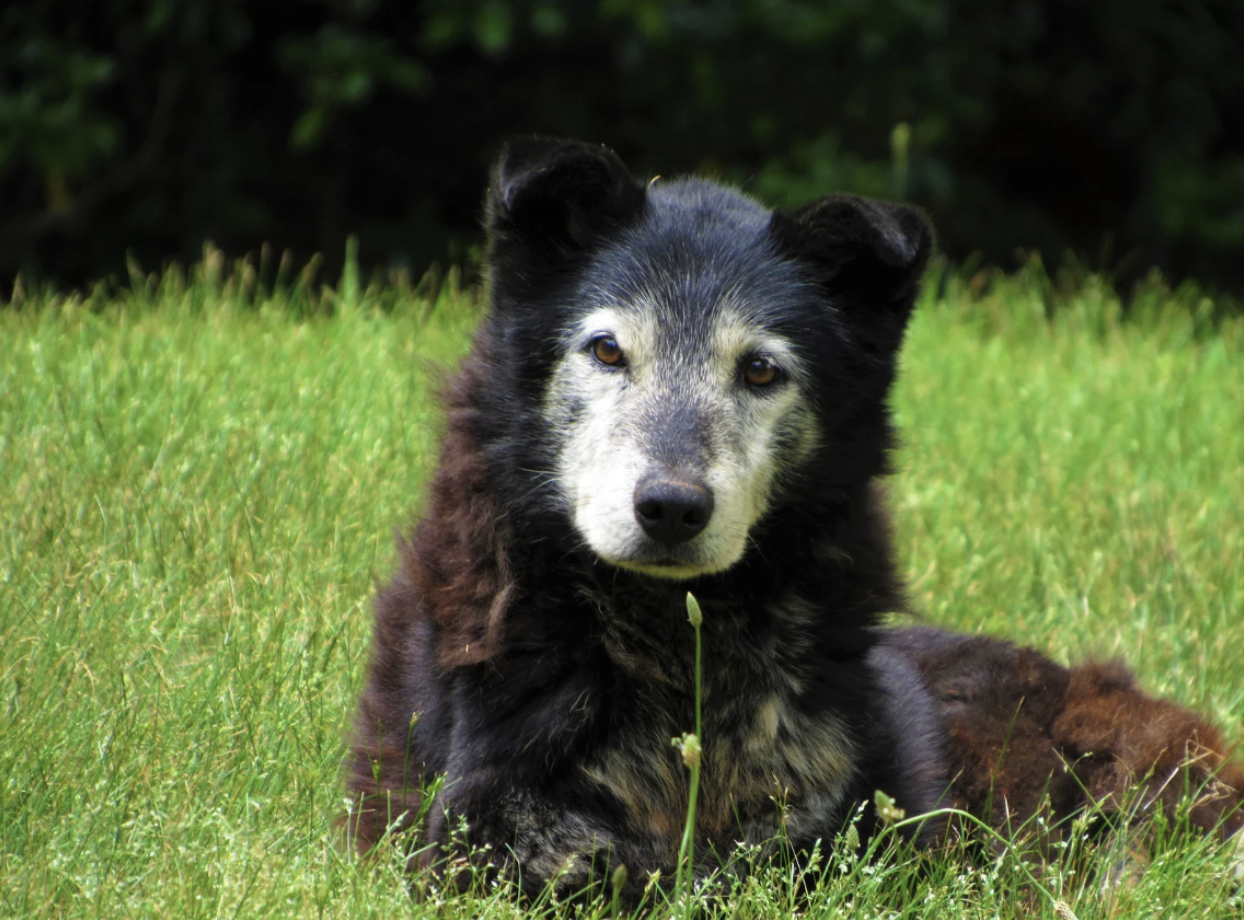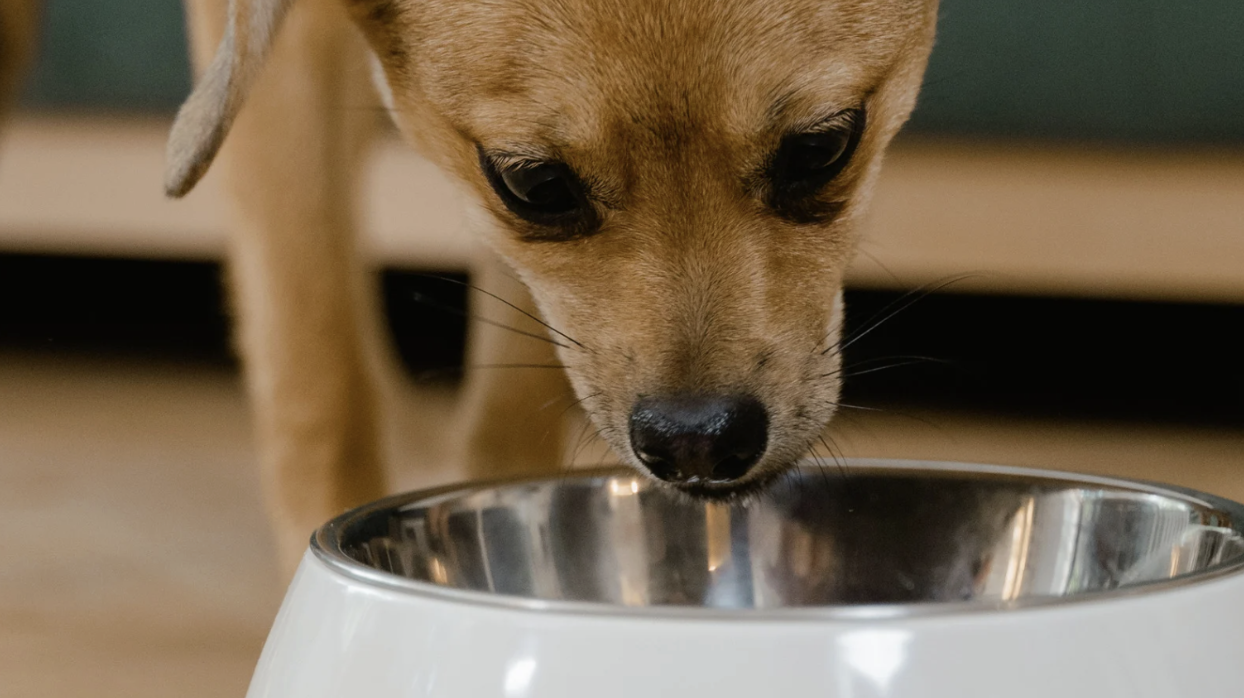Pancreatitis in Dogs: Breeds at Risk, Symptoms, and the Power of Personalized Low-Fat Nutrition
Pancreatitis is one of the most painful and life-threatening conditions in dogs, often caused by high-fat diets or obesity. Learn which breeds, from Mini Schnauzers to Poodles, are most at risk and how to protect your dog with proper nutrition. Petsona is the first in Hong Kong to use advanced dehydration technology in daily dog food, retaining up to 90% of nutrients while improving shelf life. Certified by AAFCO and FEDIAF, our easily digestible, low-fat formula supports long-term pancreatic health and complete daily nutrition.





